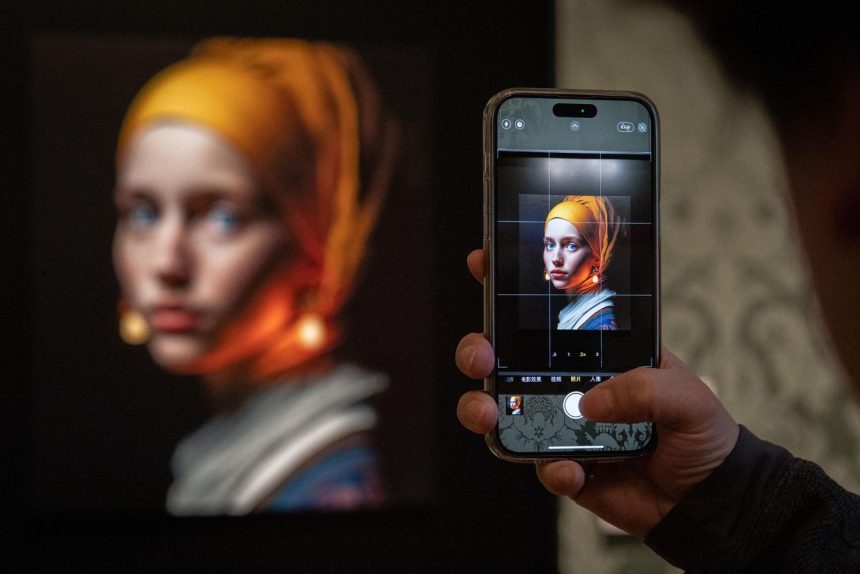Reid Hoffman, LinkedIn co-founder and prescient tech investor, foresees the traditional 9-to-5 job fading into obsolescence by 2034, replaced by flexible, dynamic work structures powered by artificial intelligence. Hoffman’s past predictions about social networks, the sharing economy, and the AI revolution lend credence to his forecast. He believes that in this AI-driven future, ideas, not effort, will be the most valuable currency. Cultivating creativity and harnessing the power of AI will be essential for navigating this evolving landscape.
This impending shift towards an AI-powered world positions the creator economy for unprecedented growth. Creativity, the ability to imagine and innovate, will become paramount. AI tools will democratize content creation, empowering individuals to bring their ideas to life with unprecedented ease and reduced costs. This accessibility will likely lead to a greater abundance of goods and services, benefiting both creators and consumers. Consequently, individuals must adapt by asking themselves not what job they want, but what they want to create, leveraging AI as a partner in the process. McKinsey predicts that current generation AI could automate up to 70% of current work activities, emphasizing the growing importance of creative thinking in the future workplace. Efficiency will no longer be solely about speed and repetition, but about leveraging AI to innovate and create value.
The integration of AI into the economy will bring about a multifaceted transformation, impacting both our professional and personal lives. One major force will be increased consumption. While AI-driven efficiency is expected to initially boost profits, long-term predictions point towards lower prices for goods and services. This increased affordability could unlock greater purchasing power for consumers, potentially leading to a higher standard of living and broader access to previously unattainable products and services.
Another significant change will be a massive jump in production. Experts like JP Morgan Chase predict a surge comparable to the advent of transformative technologies like the steam engine, electricity, and the personal computer. However, unlike these historical examples, AI’s impact on productivity is already being felt at an accelerated pace, requiring a proactive adaptation of career focus. This surge in production is not without its drawbacks, as evidenced by the proliferation of AI-generated content and fake profiles on social media platforms, highlighting the potential for misuse and the need for ethical considerations.
Amidst this increased production and consumption, a shift towards value and quality is also anticipated. As AI optimizes processes and reduces costs, consumers are expected to prioritize quality and brand reputation over price. The availability of high-quality goods at lower prices will likely drive this trend, encouraging a shift away from disposable commodities and towards more durable and reputable products.
To thrive in this evolving landscape, individuals need to cultivate and hone the crucial skill of creativity. This involves developing a mindset of continuous learning and innovation. Practical steps include slowing down to filter the noise and focus on deep work, promoting idea generation through collaboration and brainstorming, both with humans and AI tools like ChatGPT, and investing in vital soft skills. These soft skills encompass effective communication, collaboration, and the ability to adapt to the rapidly changing technological landscape. Critically, individuals must view AI not as a replacement for jobs, but as a partner in creating new opportunities.
Developing creativity requires recognizing its inherent presence within each individual. Often, people underestimate their creative potential, especially in fields traditionally perceived as less creative, like engineering. However, the ability to create extends beyond artistic endeavors, encompassing the creation of partnerships, products, services, and even new ways of thinking. By embracing AI as a creative partner and cultivating essential soft skills, individuals can position themselves for success in the future of work. This partnership allows individuals to augment their own creativity and explore new possibilities, ushering in a new era of innovation and productivity.



